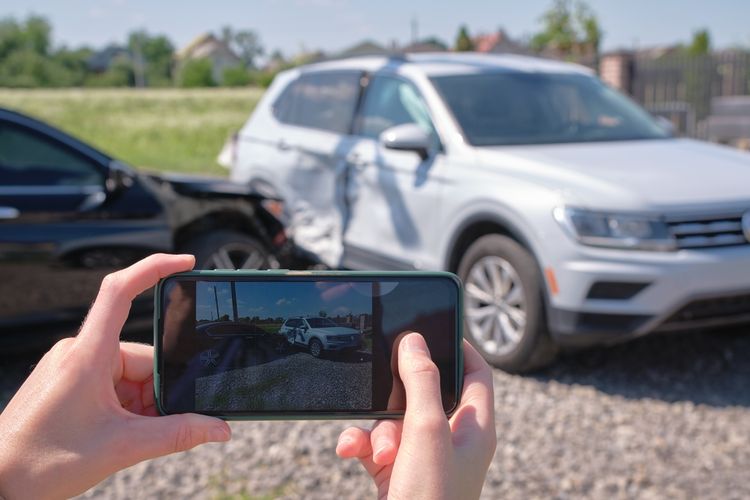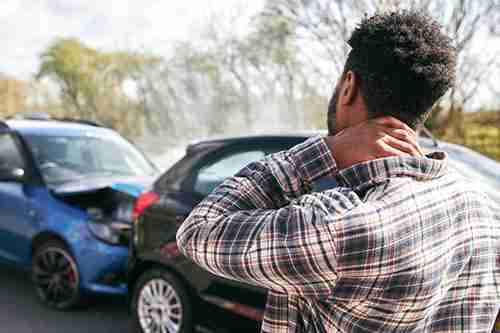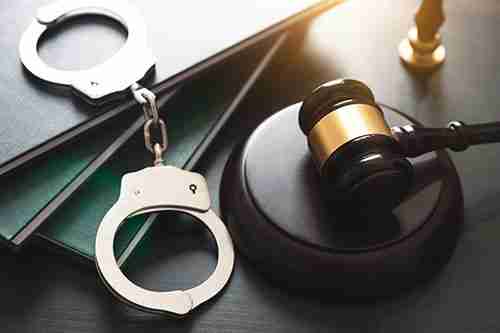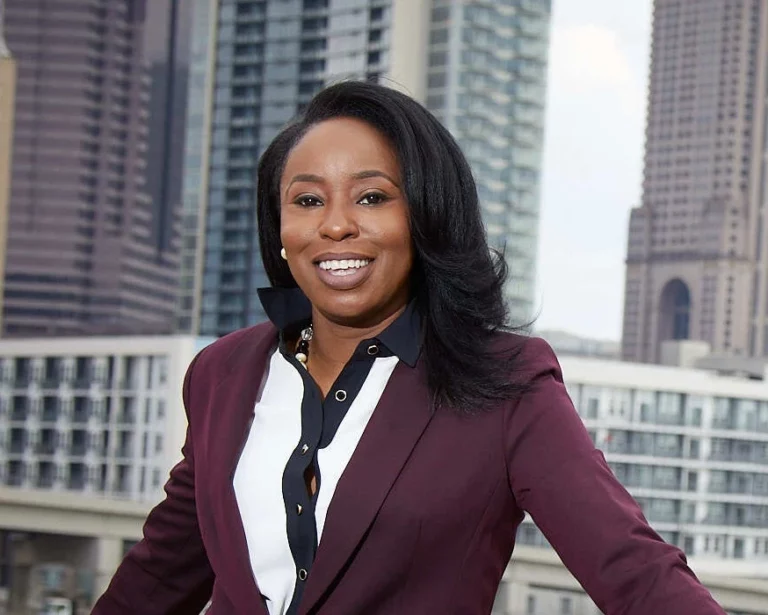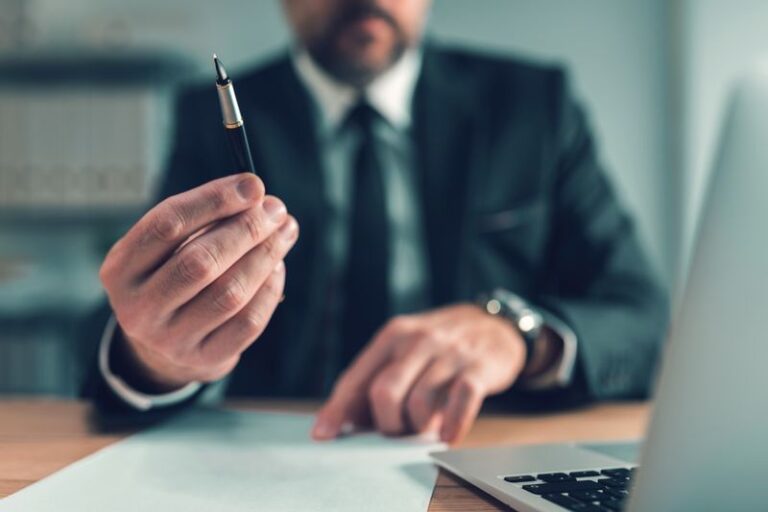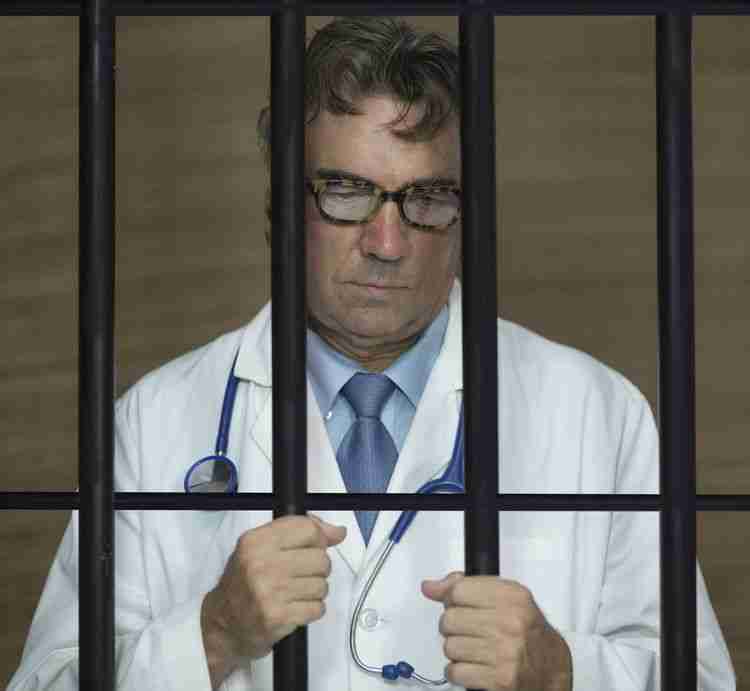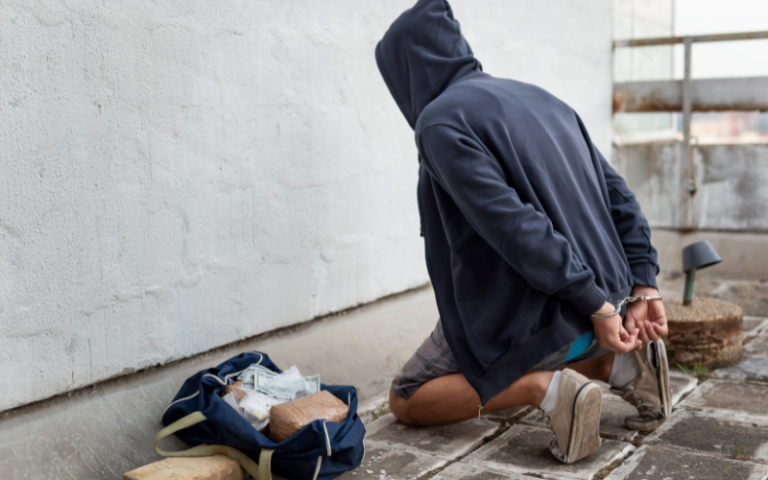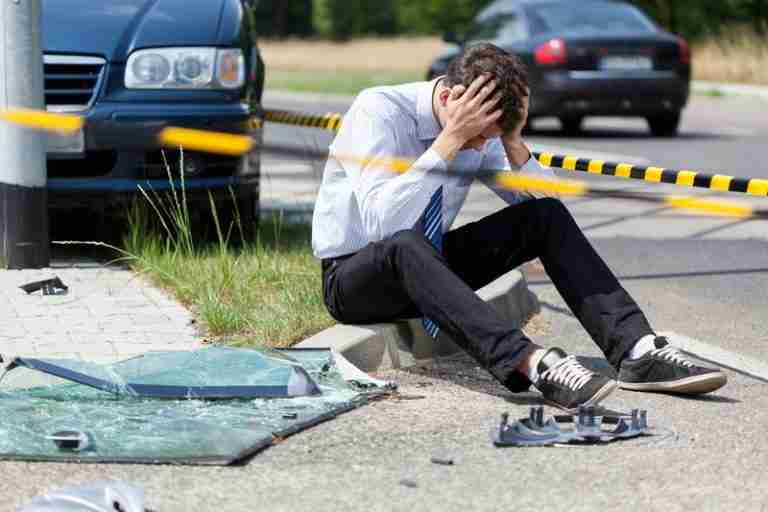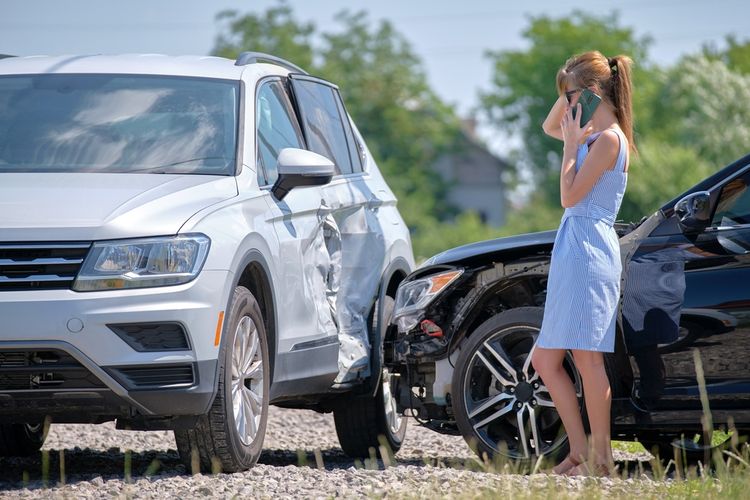No one ever plans to be in a car accident. Because being involved in a car accident in Decatur is such an unexpected and stressful event, it is important to know in advance what you should do at the scene and afterward in order to provide your Decatur car accident attorney with the best possible evidence in your case.
Hiring a car accident lawyer near you and pursuing a successful personal injury claim after an accident requires a lot more than simply filing an insurance claim.
Before an insurance company will write what often is a large check to pay you for your medical bills, lost wages, and pain and suffering, they will conduct an investigation to see if their insured actually caused the accident and if the injuries you are reporting were actually caused by the accident.
Often under the stress and surprise of such a traumatic event as a car accident, people are unable to step back and think about what to do and what evidence might be important to gather right there at the scene of the accident, resulting in them missing out on vital details to help with their case. Listed below are the 8 steps we advise everyone to follow after a car accident:
- STEP 1: Call 911 to report the accident and obtain police and emergency medical assistance.
- STEP 2: Check for any injuries in your vehicle or the other vehicle and help anyone in need of assistance, but do not make any statements to the other driver about the facts of the accident. If they say anything to you, write down what they said as soon as possible.
- STEP 3: Identify any eyewitnesses to the accident who may have stopped. Ask them about what they saw and get their name, address, phone number, and email address if possible.
- STEP 4: Take photographs of all cars involved from every angle, of the scene to show weather and lighting conditions and the roadway, and of any injuries you obtained in the accident.
- STEP 5: Exchange drivers licenses and insurance cards with the other driver(s) and write down all of their information. Also, obtain the name, address, and phone number of any passengers in the other vehicle(s) if possible.
- STEP 6: Explain the facts about what happened and any injuries you sustained to the police officer in detail, but offer no opinions or analysis of your injuries or actions.
- STEP 7: See a doctor as soon as possible for any injuries you sustained even if you think you are okay. It never hurts to get checked out even if you don’t want to go by ambulance to the Emergency Room. Follow up with your own doctor or seek treatment at the ER or an Urgent Care facility right away.
- STEP 8: Contact Shequel Ross at SHElaw firm® to get an experienced personal injury lawyer in your corner! Having a lawyer who knows the ropes and has a track record of success will greatly increase your chances of getting the compensation you deserve.
By following these steps, you will compile a lot of helpful evidence to assist your car accident attorney in preparing the best possible personal injury case for you.
To better help you understand why each piece of evidence you are collecting is important, we have provided more information for each step below.
STEP 1: CALL 911 TO ASK FOR MEDICAL ASSISTANCE AND OBTAIN A CAR ACCIDENT POLICE REPORT
This step is critical for many reasons. The first priority at any accident is tending to anyone who is injured, and the best way to do that is to call for an ambulance and allow the trained emergency medical personnel help.
What about minor accidents? Do you have to call the police after a minor accident? Yes. The 911 dispatcher will also send a police officer to the scene who will generate an accident report and usually issue a citation to the at-fault driver. The accident report is critical to your case because it will contain all of the drivers’ and passengers’ names and information as well as the drivers’ insurance information.
Plus, it will include a diagram of how the accident occurred and document important factors such as time, date, lighting, weather, and traffic conditions at the time of the accident. It is very difficult to pursue a car accident insurance claim if the crash was not reported to the police and for which no accident report exists.
STEP 2: CHECK FOR CAR ACCIDENT INJURIES
Again, the first priority after the accident is identifying and helping anyone who is injured. This is simply a matter of human decency and compassion, not related to evidence collection, but it is the first thing that should be done.
However, as further discussed below you do want to document any car accident injuries to whatever extent possible. What you do not want to do in your efforts to help anyone who is injured is admit to fault or say anything that can be construed as you trying to explain away your accidents. This may seem strange, but your comments, even to the other driver, can be used against if your case goes to trial.
It is just as important to not provide evidence harmful to yourself as it is to gather evidence helpful to your case. So it is better to simply not say anything at all after checking to make sure the other driver and passengers are not seriously injured. Wait for the police to arrive and make your statements only to the police officer as discussed further below.
STEP 3: ASK EYEWITNESSES FOR THEIR CONTACT INFORMATION
Neutral eyewitnesses can provide some of the most important and valuable evidence available in a car accident case. Often the parties involved in the accident either don’t know exactly how the accident occurred because it happened so quickly or their version is biased and heavily skewed to try to minimize their own actions and limit their responsibility for the accident.
Because of this, police officers and insurance adjusters treat the statements of the parties to the accident with some skepticism. But, when one party’s version of events is supported by one or more neutral eyewitnesses, that party’s statement becomes far more believable to both a police officer and insurance adjuster as well as to a judge or jury if you wind up involved in a lawsuit.
It is critical to try to identify any eyewitnesses early on and ask them what they saw. Eyewitnesses will often only stop long enough to make sure everyone is okay and will leave the scene before the police arrive. Write down what they tell you and all of their contact information including name, address, phone number, and email address, if they are willing to provide it.
Eyewitness testimony is some of the most critical evidence that is often lost if not obtained right at the scene of the accident, as most eyewitnesses will leave after making sure no one is seriously injured, before police arrive. In cases of disputed liability (fault), it can make or break your case.
STEP4: DOCUMENT EVERYTHING ABOUT THE CAR ACCIDENT SCENE
It’s an old expression, but its a cliché for a reason: a picture truly is worth a thousand words. No attorney can accurately explain how serious an accident was as well as photographs of the damaged vehicles can.
Photographs taken at the scene are much more consequential than photos taken after the fact at an autobody shop or tow yard (although you should follow up and obtain these pictures as well). Additionally, photographs of the scene will show the conditions under which the accident occurred, think lighting, traffic conditions, road conditions, and weather conditions. These photos can only be obtained at the scene of the accident and there is truly no substitute for them.
Photographs of injuries are the same. Once medical personnel begins treating injuries, they never quite look the same again. It may seem awkward but is very helpful to take photographs of fresh injuries at the time. If an injury involves bruising, it is a good idea to take daily photos of the progression of the bruise, as it is much easier to see several days later.
The more photographs you take after an accident, the better. Take photos from every possible angle because you never know what factors may be important once the case goes to trial.
STEP 5: EXCHANGE INFORMATION WITH OTHER DRIVERS AND PASSENGERS INVOLVED IN THE ACCIDENT
These steps are some of the most straightforward and likely the ones that everyone knows that they need to do. Georgia law requires you to exchange license and insurance information with the other driver after most accidents anyway, even if police are not called. You must have that information to pursue a claim with the other driver’s insurance.
If a police officer is called to the scene, the police officer should obtain all of this information for their report, but it never hurts to ask for it all yourself anyway just in case the officer omits something.
STEP 6: DISCUSS THE ACCIDENT WITH THE POLICE OFFICER
Typically after a car accident, you will be asked by the officer to explain the facts of the accident from your perspective to them. For evidence purposes, it is important to remember that traffic accidents almost always involve a violation of a traffic law, which is technically a criminal offense in Georgia.
So when you speak to a police officer about the accident, keep in mind that anything you say can be used against you and can aid the officer in bringing a traffic charge against you.
Generally, though, you will want to explain to the officer the facts of what caused the accident to make sure they get their accident report is accurate. Provide as much detail as you can to make sure the officer gets it right in their report. Be careful to offer only the facts, not your opinions.
If you believe you may have suffered injuries, even if you are not sure, tell the officer that you think you may be injured. If you say that you are not injured, that will be included in the report and the insurance company can use that against you in handling your claim. They will try to argue that you suffered your injuries in some other way after the accident and are simply trying to have their client pay for them.
By avoiding telling the police officer, as a statement of fact, that you are not injured when you really can’t be sure at that moment helps eliminate that resistance from the insurance company.
STEP 7: SEEK MEDICAL TREATMENT FOR YOUR CAR ACCIDENT INJURIES
Many people involved in car accidents who are not seriously injured understandably decline treatment at the scene. Nobody wants to take an ambulance ride or spend hours in the Emergency Room if they think they can avoid it. However, in a personal injury case the sooner you begin treatment the better. Therefore, it is always advisable to get checked by a physician as soon as possible after being in an accident. Even if you elect to not be transported via ambulance, it is still advised to go see either your primary physician or an Urgent Care facility near you immediately after the accident.
Tell your doctor everywhere you are feeling any pain or symptoms no matter how minor it may seem. Because of the effect adrenaline has on the body, injuries may not manifest right away, especially those to the disc and nerves in your back and spine. If you are feeling any pain, stiffness, or soreness in those areas it is important to tell your doctor that from the beginning.
If you reported even a minor ache in that area in your first visit to your doctor the day of the accident then it is much easier to demonstrate to the insurance company in the medical records how that ache was the initial sign of a more serious injury caused by the car accident. Failing to report even the slightest pain or soreness can result in the insurance company using that to avoid paying. In the end, their goal is profit, and paying you a large settlement does not help that goal!
STEP 8: CONTACT DECATUR CAR ACCIDENT LAWYER SHEQUEL ROSS ASAP!
Even though after an accident you will have a million things on your mind, following this final step is critically important to obtaining the justice and full compensation you are entitled to. Attorney Ross has years of experience fighting for people who have been injured in cases just like yours, and she is ready 24/7 to help you.
If you want to be fully compensated for every injury you sustained in the accident, the more evidence you gather right after the accident the more tools your car accident attorney in Decatur will have to prove that the incident was not your fault and that the injuries you sustained were caused only by the accident and not by something else, giving you the best chance possible to obtain maximum compensation.
Call SHElaw firm® today at 470-788-8930 to receive a risk-free consultation with our experienced injury attorneys!
